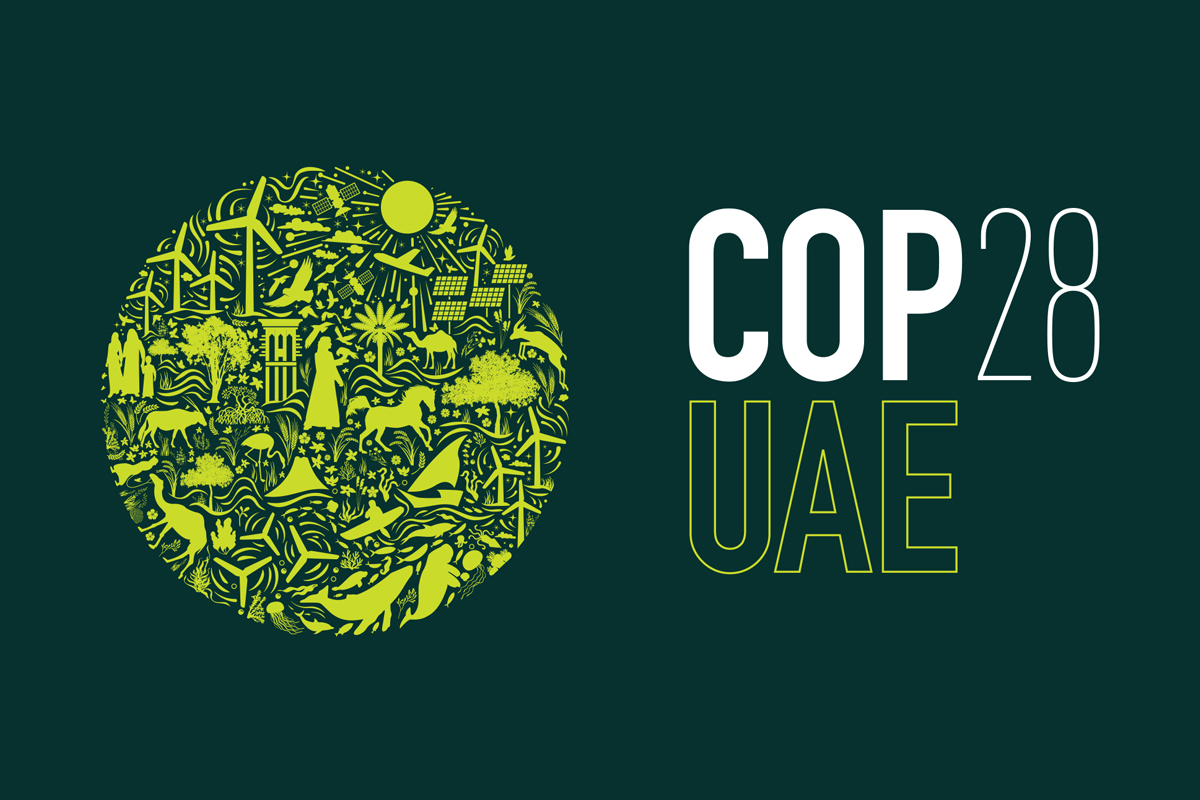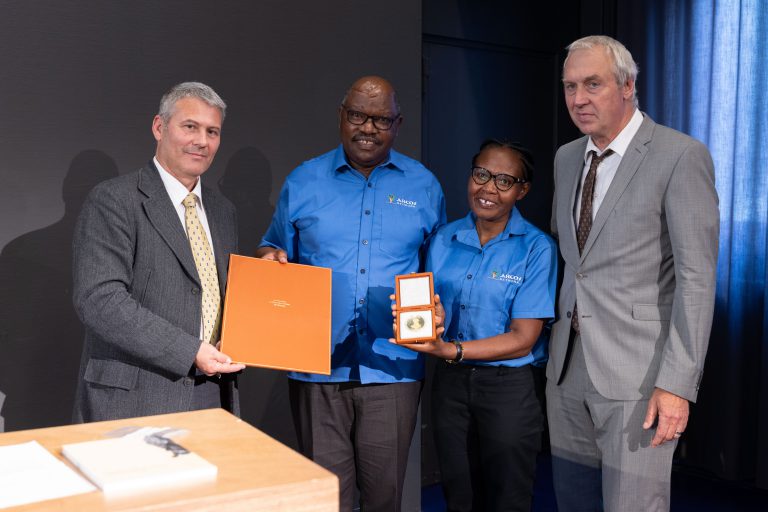Dubai, UAE – The city of towering skyscrapers and innovation is set to host COP28, the latest chapter in the ongoing debates of international climate negotiations. Over the past three decades, since the Rio Summit and the initiation of the United Nations Framework Convention on Climate Change (UNFCCC), member countries have gathered annually for the Conference of the Parties to the Convention (COP). These meetings serve to establish ambitions and responsibilities, as well as to identify and evaluate climate measures. The 21st session of the COP (COP21) resulted in the Paris Agreement, a landmark initiative that spurred international collaboration to limit the rise in global temperatures to 1.5C above pre-industrial levels by 2100. Additionally, it emphasized the importance of taking action to adapt to the existing impacts of climate change.
COP28 UAE is scheduled from November 30 to December 12, 2023, at Expo City, Dubai. COP28, hosted by the United Arab Emirates (UAE), is a crucial opportunity to collectively address climate issues and work towards the goals of the Paris Agreement, aiming to limit global warming to 1.5C. the spotlight is on the transformative decisions that could shape the future of our planet. Here’s 5 key takeaways from COP28:
Key Takeaways from COP28 Anticipation:
1. Phasing out Fossil Fuels Debate:
Experts predict that discussions on phasing out fossil fuels and establishing a climate damage fund for the Global South will be central at COP28. Disagreements persist on the rate of reduction, with some pushing for complete phasing out, while others advocate for a “phase-down.”
2. Global Temperature Goals and COP28 Scenarios:
COP28 faces the challenge of global warming trends and the urgency to limit the temperature increase to 1.5°C. Potential scenarios include maintaining the language from COP27 or agreeing to phase out “unabated fossil fuels.” The EU, US, and UAE aim for a global deal to triple renewable energy by 2030.
3. Attention to Loss and Damage Fund:
While mitigation efforts are crucial, there’s a call for a balance in allocations between mitigation and adaptation. COP27 established a Loss and Damage fund to aid developing countries in coping with climate change effects, supplementing the Green Climate Fund. Discussions continue on fund management and contributions.
4. Geopolitical Tensions and Climate Finance:
Geopolitical tensions, exemplified by the Israel-Hamas conflict, may impact talks on climate finance. Developing countries seek respect for global principles and norms, emphasizing climate justice in fund contributions. Debates on fund management and financing sources continue into COP28.
5. Focus on Climate-related Health and Recovery:
COP28 will dedicate a day to discuss climate-related health and recovery, with a Declaration on Climate and Health launched in October. The declaration emphasizes cross-sector collaboration, emission reduction in the health sector, and increased financing for climate and health.



